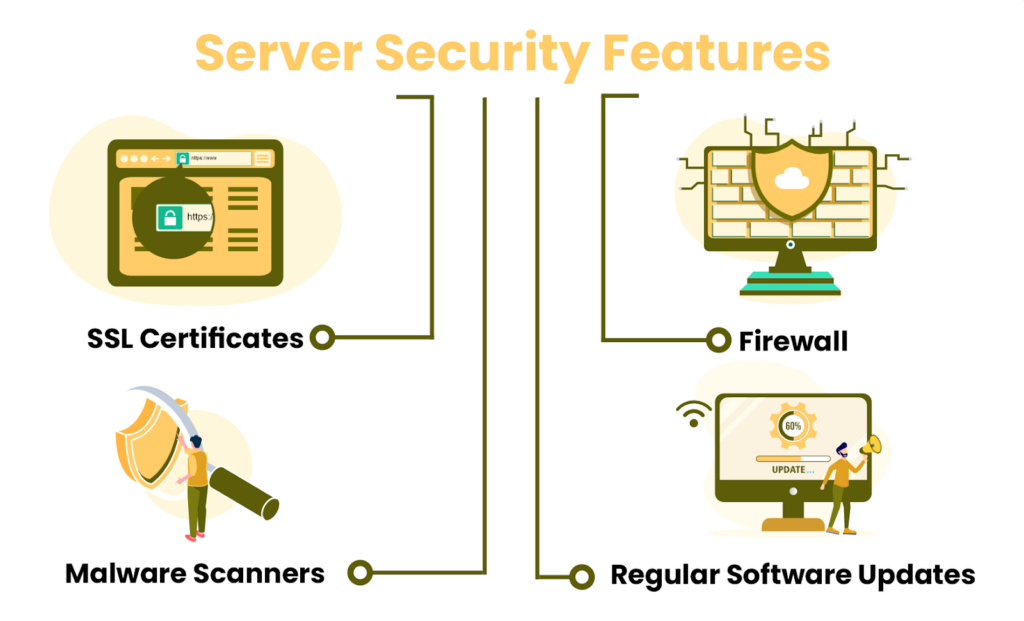Website Server Hosting Security: Protecting Your Online Presence
Running a website involves more than just creating engaging content and driving traffic. It also means ensuring that your website is safe and secure from potential threats. One critical aspect of website security is website server hosting security. In this article, we will explore the importance of securing your website server hosting and provide you with some tips on how to protect your online presence.
Why is Website Server Hosting Security Important?
Your website server hosting is the foundation of your online presence. It is where all of your website files, data, and sensitive information are stored. If your website server hosting is compromised, it could lead to disastrous consequences such as data breaches, loss of customer trust, and even legal liabilities.
Therefore, it is crucial to prioritize website server hosting security to safeguard your website and protect your business reputation. By implementing robust security measures, you can minimize the risk of cyberattacks and ensure the continuity of your online operations.
How to Secure Your Website Server Hosting
1. Keep Your Software Updated: One of the most basic yet effective ways to enhance website server hosting security is to keep your software, including your operating system, web server, and applications, up to date. Software updates often contain security patches that can address vulnerabilities and protect your server from potential threats.
2. Use a Firewall: Implementing a firewall is another essential security measure for website server hosting. A firewall acts as a barrier between your server and the internet, filtering incoming and outgoing traffic to block malicious activities. By setting up a firewall, you can prevent unauthorized access to your server and thwart cyberattacks.
3. Enable Encryption: Encrypting your website server hosting data is crucial for protecting sensitive information from being intercepted by cybercriminals. Use Secure Socket Layer (SSL) certificates to encrypt data transmissions between your server and users’ browsers, ensuring that data remains secure during transfer.
4. Implement Strong Authentication: Enforce strong authentication methods, such as multi-factor authentication (MFA), to add an extra layer of security to your website server hosting. Require users to enter multiple credentials, such as a password and a verification code sent to their mobile device, to access the server and reduce the risk of unauthorized access.
5. Back Up Your Data Regularly: Regularly backing up your website server hosting data is essential for mitigating the impact of potential security incidents, such as data loss or server crashes. Store backups securely in an offsite location and test your backup procedures regularly to ensure that you can restore your website quickly in case of emergencies.
Final Thoughts
Securing your website server hosting is a critical aspect of maintaining a secure and reliable online presence. By following the tips outlined in this article and staying informed about the latest security trends, you can protect your website from cyber threats and ensure the long-term success of your online business.
Remember, when it comes to website security, prevention is always better than cure. Invest in robust security measures for your website server hosting today to safeguard your online assets and promote trust among your visitors.
